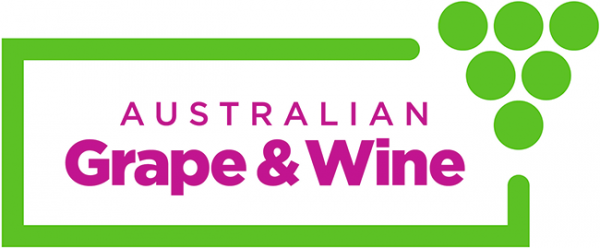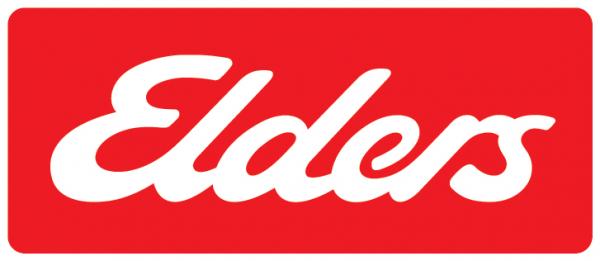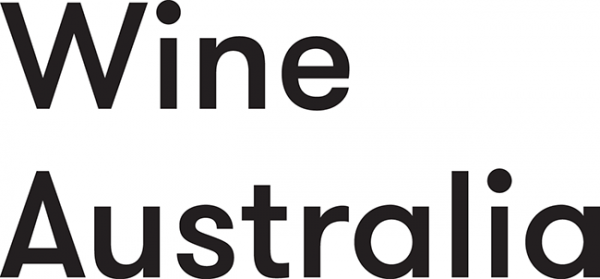| David WollanConsultant (Technical and R&D) VA Filtration / Memstar Member since 1981 Regional Director 2016 - 2018 Journal advisory committee 1981 -1996 AWITC planning committee |
What attracted you to your current role
Over the course of my four decade career in the wine industry, I have been a winemaker, grapegrower, consultant, technologist and inventor. For the past 20 years my special interest has been the application of various membrane separation processes to winemaking. More recently, as I have retreated from the challenges of running a business, I have been responsible for leading my company’s research and development activities with a special emphasis on the application of new processes. I have introduced the use of membrane techniques to such problems as volatile acidity, smoke and Brett taint, high alcohol, cold stability, excessive salt and harsh phenolics. Most of these have become widely accepted and some are still in their early stages. For me, the excitement and pleasure is in applying cutting edge science to winemaking, solving endemic wine problems without the use of traditional additives. It still is a thrill to see the reaction of winemakers to the sort of profound changes we can achieve.
Tell us about an interesting finding in your current or past research.
A few years ago, I commenced a part time (and remote) Masters research project at the University of Adelaide. My ambition as probably the oldest oenology student was admirable but has proven challenging. My project is on the alcohol “sweet-spot”. The difficulty of finishing this off has been in taking sensory results which seemed reasonably clear to participants, but don’t easily fit into the typical requirement of statistical significance at the 95% confidence level. I shall persist to write up what I have but one small side project that was published and enjoyed great interest was an investigation of the rate of evaporation of alcohol (and other volatiles) from uncovered wine glasses. It was not a very difficult or profound piece of research but it has great significance to wine sensory practice such as in shows and everyday winery tastings.
What inspires you?
My passion is for wine SCIENCE. I’m sufficiently old school to believe that the scientific method has added greatly to the quality, consistency, value, accessibility and integrity of the wines we produce and consume. I have little patience for some of the magical thinking that has spread through our industry. Nothing provokes my rage more than a sommelier less than half my age, trying to convince me of the virtues of a brown, turbid, oxidised/bretty/volatile but otherwise “natural” wine made by a producer who doesn’t believe in (or probably understand) the importance of the basics of wine chemistry and microbiology. There have been many generations of great oenologists who have brought us a profound depth of understanding of wine and its production.
What or whom do you look up to the most and why?
Over many years I have known and worked with many wonderful grape, wine and business professionals. It is impossible and unfair to try to single out one, or even a few.
Outside of your work, tell us some interesting facts about yourself
Besides my ongoing professional and academic interests, I am trying to enjoy my “semi-retirement” by keeping fit and being an attentive grandfather
What is the best piece of career advice you've been given?
Many years ago, as I was approaching the end of my wine science course at Wagga Wagga, I was attracted to travel and the itinerant winemaker lifestyle. My course leader at that time advised me to stay in Australia and accept a winemaking job offer at a large Hunter Valley winery. He suggested that such a position would be the most challenging and ultimately rewarding for my career. While the particular role was a rude shock for my ideals of winemaking, it opened many doors and subsequently, I had more than enough opportunities to travel and enjoy the wine world.
What advice or recommendation do you have for students interested in a career in wine science?
This is difficult because students these days generally don’t seek careers in wine science, per se. A serious commitment to a scientific/academic career requires considerable post-graduate study and the industry offers few positions that justify a PhD, or even Masters qualification. More likely, wine companies seek rounded professionals with good all round technical and management skills. I recall that while my own undergraduate studies were highly concentrated on basic science, particularly chemistry, one elective stream that I found greatly valuable in my subsequent career was a few units of accounting and finance. Some personal background in engineering also proved to be fundamental to my subsequent path. Students should consider whether they are oriented to corporate winemaking or the more hands-on demands of smaller wineries. The former demands business and management skills, the latter requires a broad range of viticultural, oenological, but above all practical aptitudes, with good understanding of the technical skills to keep everything running through a busy vintage. For some with the right personality, the sales and promotional role will be their destiny. It wasn’t my comfort zone but if it appeals and they have the appropriate EQ, go for it, and enjoy!
How long have you been a member of ASVO and why would you recommend ASVO to your colleagues?
I was one of the first members of ASVO, with continuous membership since 1981. I well recall the society’s establishment and the enthusiasm of all involved in getting it started. Of course I recommend membership to all interested grape and wine professionals. The society hasn’t always been as well organised and prominent as it is now, but paraphrasing a famous past US president: “Ask not what your society can do for you. Ask what you can do for your society.” Over the years, I have had a number of ASVO contributions. I was a member of the committee of management of our journal from its inception for about 15 years. I have been on the planning committee of the AWITC for a number of conference cycles. I have been a presenter and/or workshop convenor at both ASVO seminars and conferences. And for two terms recently, I was the Victorian representative on the ASVO board.
What other organisations do you contribute to?
At various times over the years, I have been president of the Yarra Valley Winegrowers Association, deputy chairman of the Victorian Wine Industry Association and various other industry groups that I can only vaguely recall. Most recently, my company has been an industry partner in two rounds of the Australian Research Council Training Centre for Innovative Wine Production. I have been the company representative on the advisory committee and a partner investigator, involved in the design and supervision of our research projects. This has been a substantial commitment for the business and personally but it has brought me into close working contact with some outstanding young researchers who are contributing great scientific work for our industry.
David with Dash |
David in Berlin |












